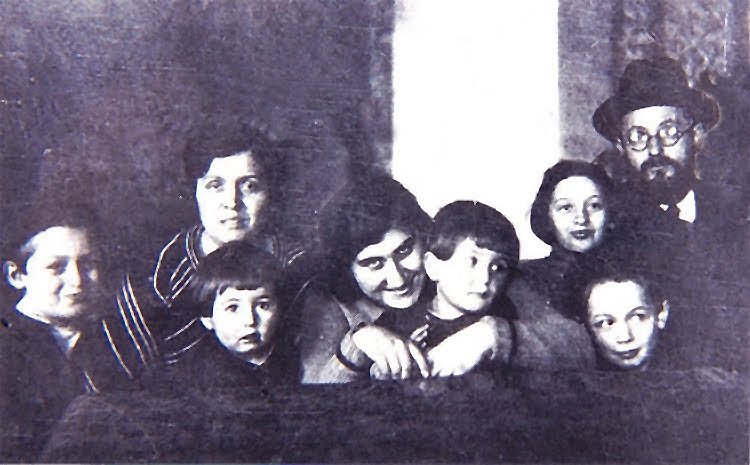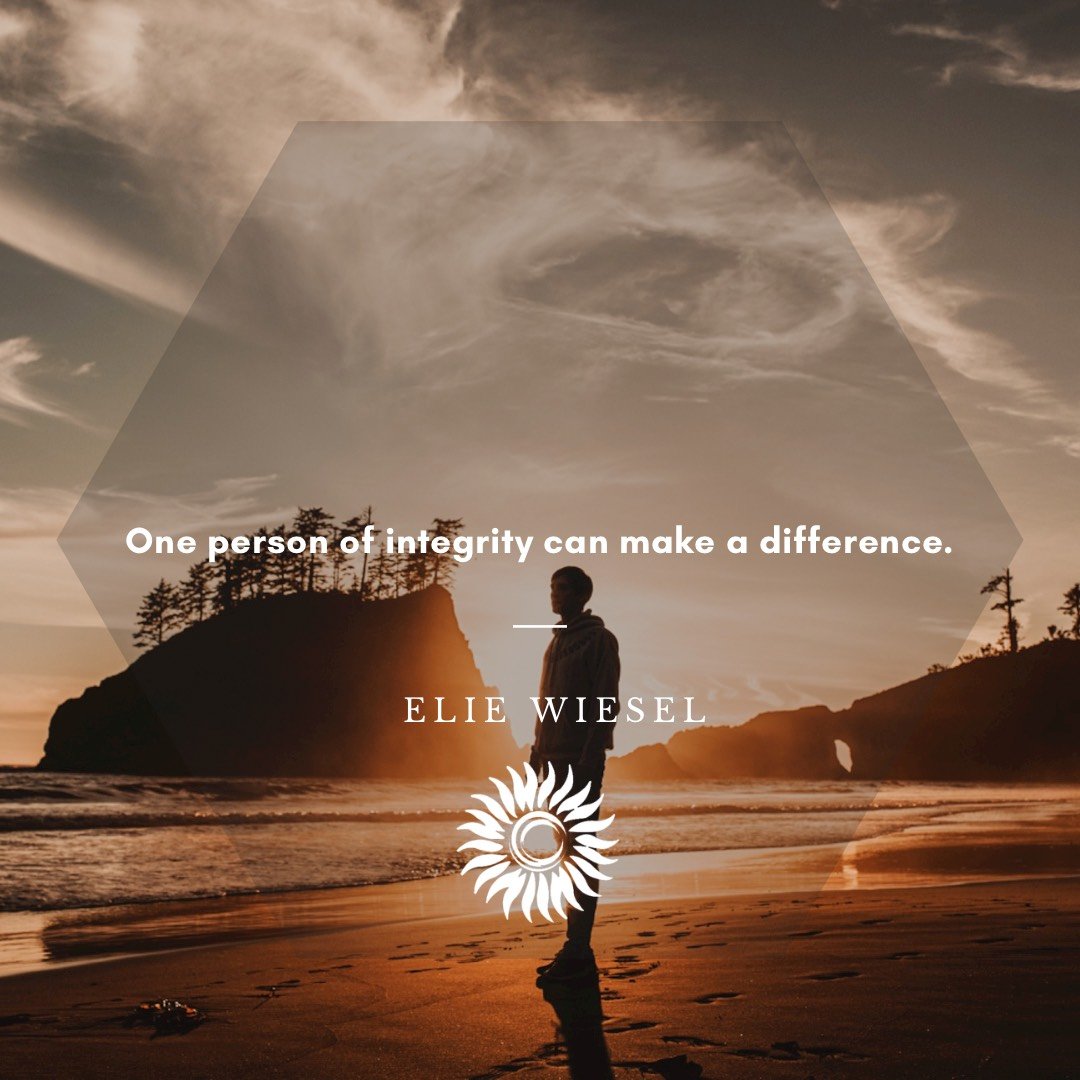Searching for Light in the Darkness
In honor of Holocaust Days of Remembrance week, which will be observed from April 16 to April 23, I’m sharing the first article I ever wrote about the Holocaust. It was motivated by my mother, who didn’t want to die before publicly thanking Sweden and Denmark for their life-saving rescue efforts and incredible generosity during World War II. Please note that this article was first published in the LA Daily News in spring of 2015. My mother is currently 94.
Seventy years ago, my parents were liberated from Nazi slave labor camps. This is a sad anniversary for me. Although my mother and father survived the war, they both lost their parents, most of their relatives, and every single possession. Both were left with deep emotional scars.
Coming to terms with the systematic torture and destruction of my family because they were Jewish is something I’ve struggled with since I was young. How can I believe this is a beautiful world when cruelty and hatred impacted my family so deeply, and when antisemitism is still strong around the globe?
Photo of Myra’s father Mendek (far left) with his family in Poland. No photos of Myra’s mother’s family survived the war.
My mother, Edith, is 86 with a weak heart, and I’ve begun to interview her—asking questions I’ve waited a lifetime to ask. With resignation, she reclines on an old lounge chair in her little fenced-in garden, and I pull my chair close to her, notebook in hand. Both of us steel ourselves for what’s to come. Our conversations tear me apart, and they reawaken her traumas and cause her sleepless nights. She thinks I should let her story die with her, but I can’t.
For decades, I’ve wrestled with the question of how to leave my children a positive legacy, rather than the one I’ve carried—full of pain, confusion and fear. I never expected to find the answer in my mother’s story.
My mother was one of thousands of inmates rescued in transports negotiated by Count Folke Bernadotte of Sweden and carried out by heroic Swedes and Danes toward the end of the war. She was only 16, barely alive, when her train crossed over the German border into Denmark.
Here are her memories:
I was lying on the floor of a cargo train in the fetal position when I heard people shouting, ‘We are free! We are free!’ but I did not know what the word ‘free’ meant. Language no longer made any sense to me. I was so close to death, my brain was shutting down. I could see out the open doors. People on bicycles came to greet the train, carrying fresh baked bread and salami. I was too weak to move.
You can’t imagine how terrible we all looked and smelled. We were skeletons, covered in thick filth, and full of lice. I was wearing the same rag I’d worn day and night for a whole year. But then a beautiful young Danish man came and scooped me up in his arms. He held me close as he carried me off the train. I felt no disgust from him, only concern and tenderness. I was so close to death, I wondered if he was an angel.
There was a huge buffet of food spread out on a long table, even though the Danes were on wartime rations. After I ate and drank, I finally had the strength to walk again.
There were hundreds of mattresses close together on the floor for us to sleep on, and it felt like heaven. Imagine the pleasure of clean, white sheets and a soft bed after sleeping in rat-infested barracks, or on a freezing cement floor surrounded by growing piles of cadavers?
People asked if I needed anything. They brought water when I was thirsty. This shocked me after my year in the camps where I felt worthless. We only spent one night in Denmark, but I will never forget their kindness.
In the early morning, we were rushed onto ferries to take us to neutral Sweden, where volunteers spent hours scrubbing our skin free of a year’s worth of filth, and washing the lice out of our hair.
I will never forget how they dressed so many of us. It still feels like a dream. There was a big pool surrounded by tables stacked with clothing separated by type. You started with underwear, then a dress, then socks, then shoes, then a coat. When I made it all the way around and was dressed, it was the first time in a year I felt happy. I wasn’t hungry. I was warm and clean. I didn’t have that terrible itching that I could never get used to. But most of all, I felt surrounded by kindness.
I lived in Sweden for a year before I went back to Hungary to search for what was left of my family. Sweden took care of my every need, and every person I met showed me only kindness. They not only saved my life, they made me feel cared for and important. They made it possible for me to begin to heal.
Before I die, I want to express my deepest gratitude. God bless the Swedes and the Danes. God bless Sweden and Denmark. Their goodness will never be forgotten.
Researching my mother’s rescue led me to discover the magnitude of Scandinavia’s support of the Jews. My mother and I both cried when we learned that Denmark’s citizens rose up in unison to save the Jewish population when the Nazis ordered their deportation. Danes from every walk of life hid their Jewish neighbors in homes, hospitals and churches. In just two weeks, almost all of the country’s Jewish population was brought to the coast and smuggled to safety in neutral Sweden, which generously welcomed the refugees. Finland also refused to deliver its Jewish population to the Germans, and almost every Finnish Jew was saved.
Danish fisherman (foreground) ferrying Jews to safety in neutral Sweden, 1943
The highest-ranking church official in Bulgaria, Bishop Stephan, made a public statement saying that trains to deport the Jews would have to pass over his body. Farmers threatened to lie down on the railway tracks to stop the trains. In response to this huge public outcry, the Jewish deportations in Bulgaria were halted.
So while few countries stood up for the Jews, the ones that did were able to protect their Jewish citizens. People united in kindness triumphed over evil.
I found the truth I’d been searching for in my own mother’s heart.
Seventy years after unimaginable trauma and loss, my mother remembers the acts of compassion most clearly. Her eyes glow when she talks about the Swedes and Danes. With awe, she tells me about the fellow prisoner, a starving young girl, who saved her from death by carrying her shovel when she absolutely couldn’t muster the strength. And there was the lone old German guard who risked his life every day by leaving his sandwich on the fence for a starving inmate.
Myra’s children, Jeff and Marea, with their grandmother Edith, 2019
So along with my parents’ horrific stories, this is the message I want to leave my children: Do not be naive about the magnitude of cruelty in this world, but let it serve to strengthen your resolve to be a force for goodness. We would not be here if not for the generosity of one starving young girl, and the heroism and kindness of the Swedes and the Danes. Always keep an open heart, and look for reasons to love, not hate. Always search for the light in the darkness, and surge forward to make it brighter.
Take a Moment Micro-Meditation
Tiny pauses to be right here, right now can have big results. Our Take a Moment series of micro-meditations—all under two minutes long—make taking mindful pauses as easy as possible. We invite you to "Take a Moment" to find the calm that is always within you.






